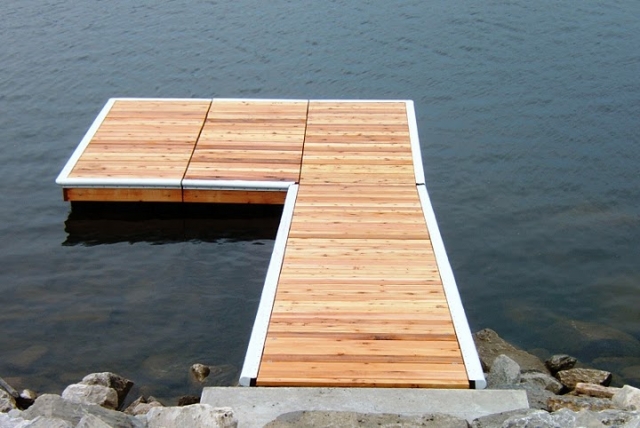Floating docks have become a crucial part of marine infrastructure, offering versatile, efficient, and reliable solutions for waterfronts that demand adaptability to harsh conditions and heavy daily use. Designed to withstand the relentless forces of wind, waves, tides, and even extreme weather, these docks have evolved into a valuable asset for commercial, recreational, and industrial applications. Whether for ports, marinas, or private waterfront properties, floating docks are engineered to provide safe and stable platforms that can support heavy loads, withstand environmental stress, and offer long-term durability with minimal maintenance. One of the key features of floating docks is their ability to adjust to changing water levels. Unlike traditional fixed docks that are anchored to the bottom of a water body, floating docks rest on the water’s surface, allowing them to rise and fall with the tides or fluctuating water levels. This adaptability ensures that the dock remains accessible and functional, even during periods of high or low water.

This flexibility is particularly valuable in areas where water levels can vary significantly, such as estuaries, rivers, or coastal regions with large tidal movements. The construction materials used for floating docks play a pivotal role in ensuring their resilience to the harshest conditions. High-density polyethylene HDPE, concrete, and aluminum are commonly used due to their strength, lightweight nature, and resistance to corrosion. These materials are not only capable of withstanding physical impacts and wear from heavy use but also resist the degrading effects of saltwater and UV radiation. HDPE is especially favored for its ability to resist rot, mildew, and algae buildup, all of which are common problems in aquatic environments. Additionally, the buoyant nature of these materials helps floating dock remain stable and secure, even under the pressure of heavy vessels or vehicles. In commercial and industrial settings, floating docks are often subjected to intense daily use.
From heavy cargo vessels to personal watercraft, the dock must handle a range of activities, including loading and unloading goods, mooring boats, and providing access to water for workers. These docks are engineered to distribute weight evenly, preventing the structural failure that can occur when weight is concentrated in one area. Furthermore, the docks’ modular nature allows for customization, with sections that can be added or removed depending on the specific needs of the site. This flexibility makes floating docks a popular choice for industries that require quick adaptability, such as the oil and gas sector or large-scale shipping operations. Beyond their functional capabilities, floating docks also offer several advantages in terms of cost-effectiveness and sustainability. Unlike fixed dock manufacturers, which require complex and often expensive construction that can disrupt the local environment, floating docks can be installed with minimal impact on the surrounding ecosystem. The modular design also reduces the need for costly repairs, as individual sections can be replaced rather than overhauling the entire structure.


